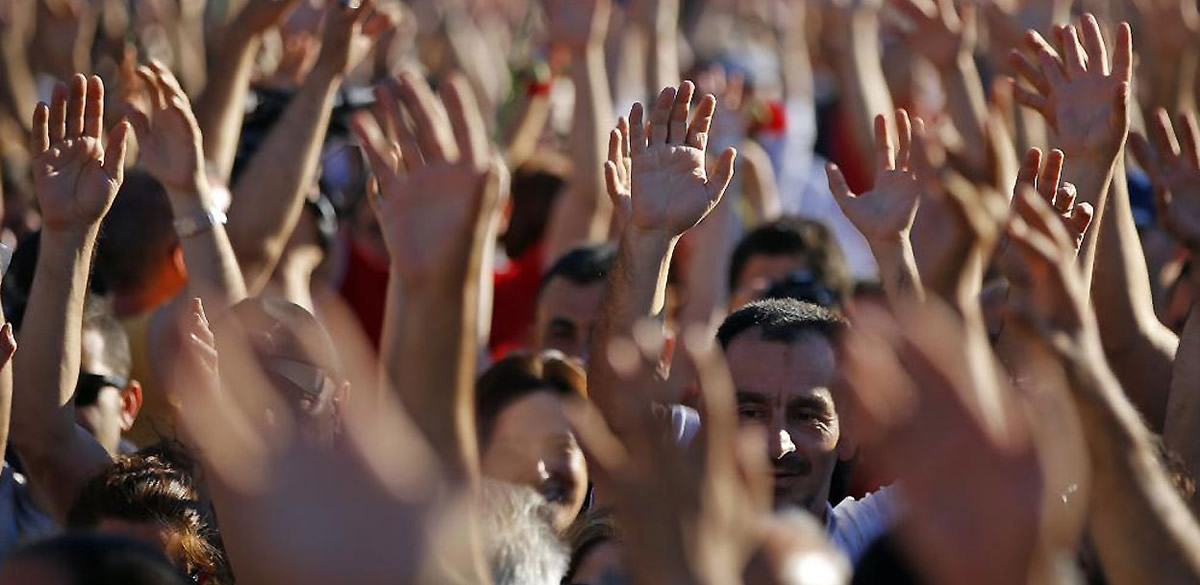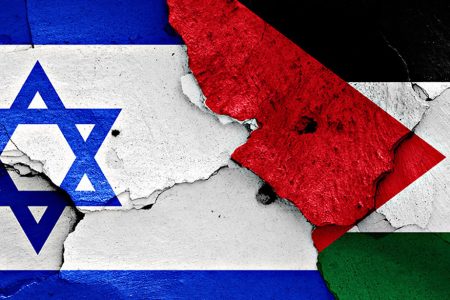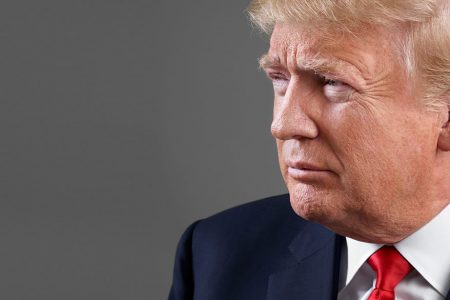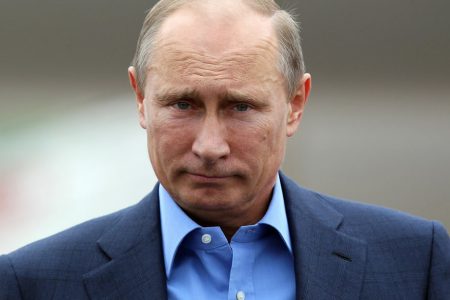The last thing he world needs is another pit to breed extremists. Unfortunately, Lebanon is one step away from becoming this pit. Lebanon is one step away from becoming another Yemen. The Saudi Iranian rivalry that has expressed itself in the wake of the Arab spring has intensified the conflicts in Iraq Syria and Yemen. In Syria, Iran’s support for the regime through their proxy Hezbollah and Gulf funding of rebel factions has turned the Syrian conflict into the most acute human disaster of our times. In Iraq, the Shia militia that are Iran funded gave a legitimate excuse for IS to gather supporters. Yemen on the other hand, is a straight case of proxy war between Saudi who is backing the Hadi government and the Houthis backed by Iran. If Lebanon is not sidelined from this Saudi Iranian rivalry, the country will be the next on the list to enter into an internal military confrontation.
So far, Lebanon has been artificially stabilized, Hezbollah need a relatively stable Lebanon in order to replenish the flaw of fighters in Syria. On the other hand, the different Lebanese factions have the ghost of the civil war still haunting them, and know the uncontrollable repercussions of a military confrontation. However, this stability is very fragile giving the increasing hegemony of Hezbollah and the increasing discontent of the Sunnis on the other side.
The Arab Spring has uncovered problems that have been brewing for decades under brutal and corrupt dictatorships. Saudi Arabia and Iran two sectarian countries by excellence, one based one based on Salafi Wahhabism and the other based on the Khomeini extremist version of Twelver’s Shiism have lent a hand to these conflicts and aggravated those problems. Though the Arab spring did not reach Lebanon as the country is governed by elected politicians the situation in Lebanon is directly affected by the conflict in Syria.
As the Arab spring started, Iran endorsed revolts labeling them as “Islamic Awakenings”. However, this support stopped when the wave reached their long term ally Assad. The intervention of Hezbollah a formidable guerilla force was able to turn the tide to the benefit of Assad. Actually when Assad started losing to the secular free Syrian army they mobilized Hezbollah. Hezbollah adventure in Syria and their use of a sectarian narrative to justify this intervention has awakened the Sunni Salafism in Lebanon that has been dormant for a long time. The Salafi movement that has kept low profile and refrained from involvement in politics suddenly came out of the closet expressed itself when the Salafi Sheik Ahmad Al Assir vocally stood against Hezbollah. In June 2013, the southern city of Saida witnessed a military confrontation between Al Assir the Qatari funded Salafi Sheik and Hezbollah. The clash was contained due to the effort of the Lebanese army; however the Sunni discontent is on the rise. The confrontation that happened between Hezbollah and Al Assir shows that Lebanon can potentially become the place for a confrontation between two conflicting ideologies of the Wilayat Al Faqif and Salafism. Currently, Lebanon is a weak state and it is very unlikely that the Lebanese government will be able to contain a confrontation in case it happens. It is important to note that Hezbollah is more organized than the Lebanese state itself. They have their own communication network do provide social services to the community in addition to their military capabilities. In 2008, facing a political deadlock, they attacked Beirut and strongholds of their opponents; the Future block .This led to the Doha agreement shortly after, which rendered Hezbollah even stronger. The bitterness that this attack has created is still felt among the Sunnis of Lebanon.
The only element so far that is preventing confrontation is the fear of mutual assured destruction. Lebanon that has witnessed civil war for fifteen years knows the repercussion of going into war. The Lebanese know that when arms take on weapons it is very difficult to let them down. However, the situation remains very tense and all what it take is one arms’ shipment to the right group in order to have another civil war. Today, more radical Sunni political figures are emerging on the Lebanese scene. Previously taking part of the moderate Future block led by the Hariri wing, Ashraf Rifi now has split from his original sponsors and is acting independently from them while adopting a more sectarian tone.
This situation now in Lebanon resembles the pre 1975 era, when facing the growing Palestinian prowess, the Lebanese Christians felt threatened. This is exactly the same situation, the Sunnis and their Christian allies seem threatened by Hezbollah, Iran’s agent in Lebanon. This is why the EU and the US should make sure Lebanon is sidelined from Saudi Iranian rivalry. This is a quite difficult task as long as Hezbollah is involved in Syria. This is why the US and EU should pressure Iran to withdraw Hezbollah fighters from Syria while making sure that Saudi and other Gulf countries do not work militarizing nor on funding any radical group in Lebanon. If this is not done it is only a matter of time before Lebanon becomes another Yemen.




